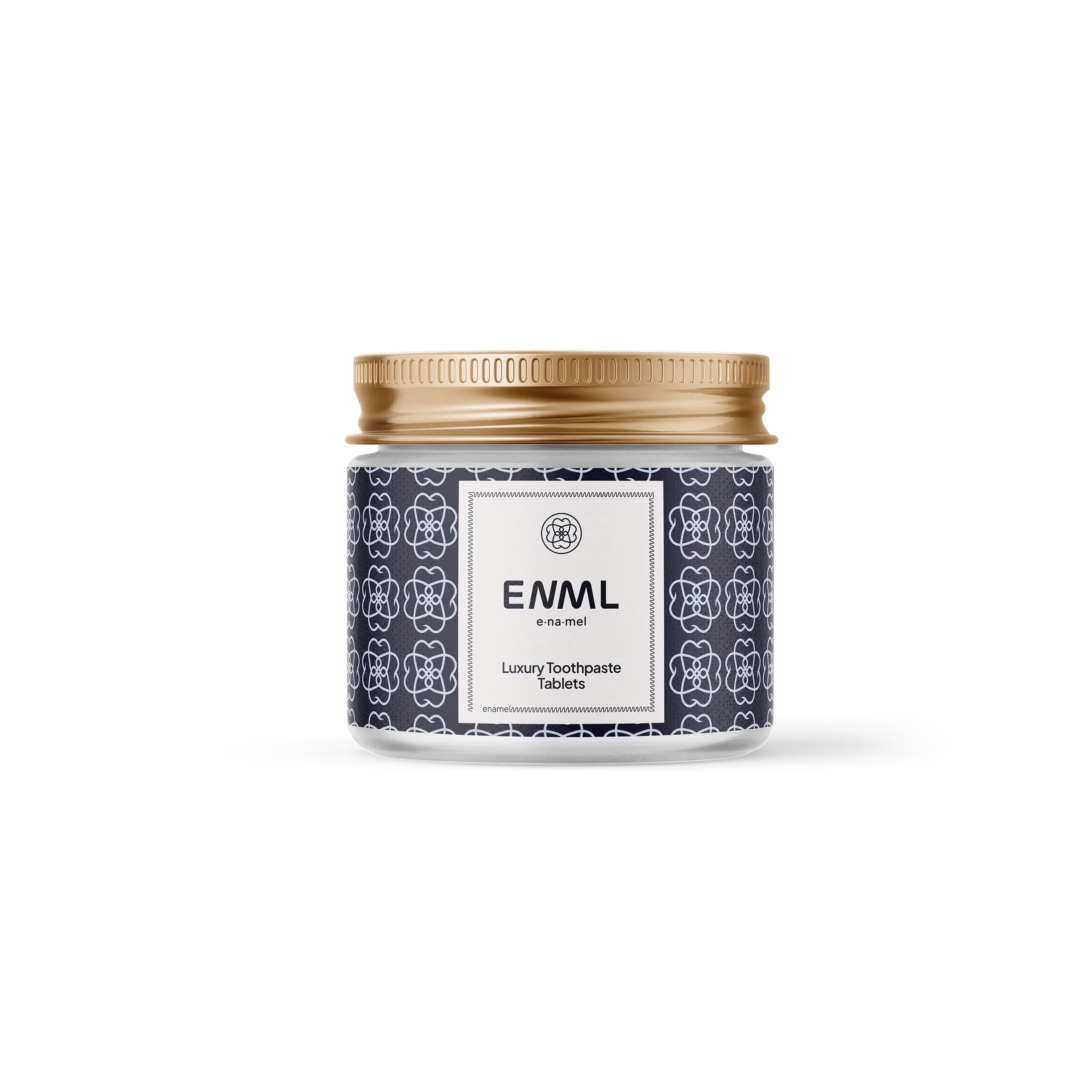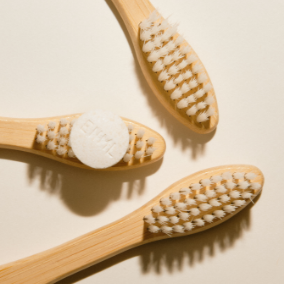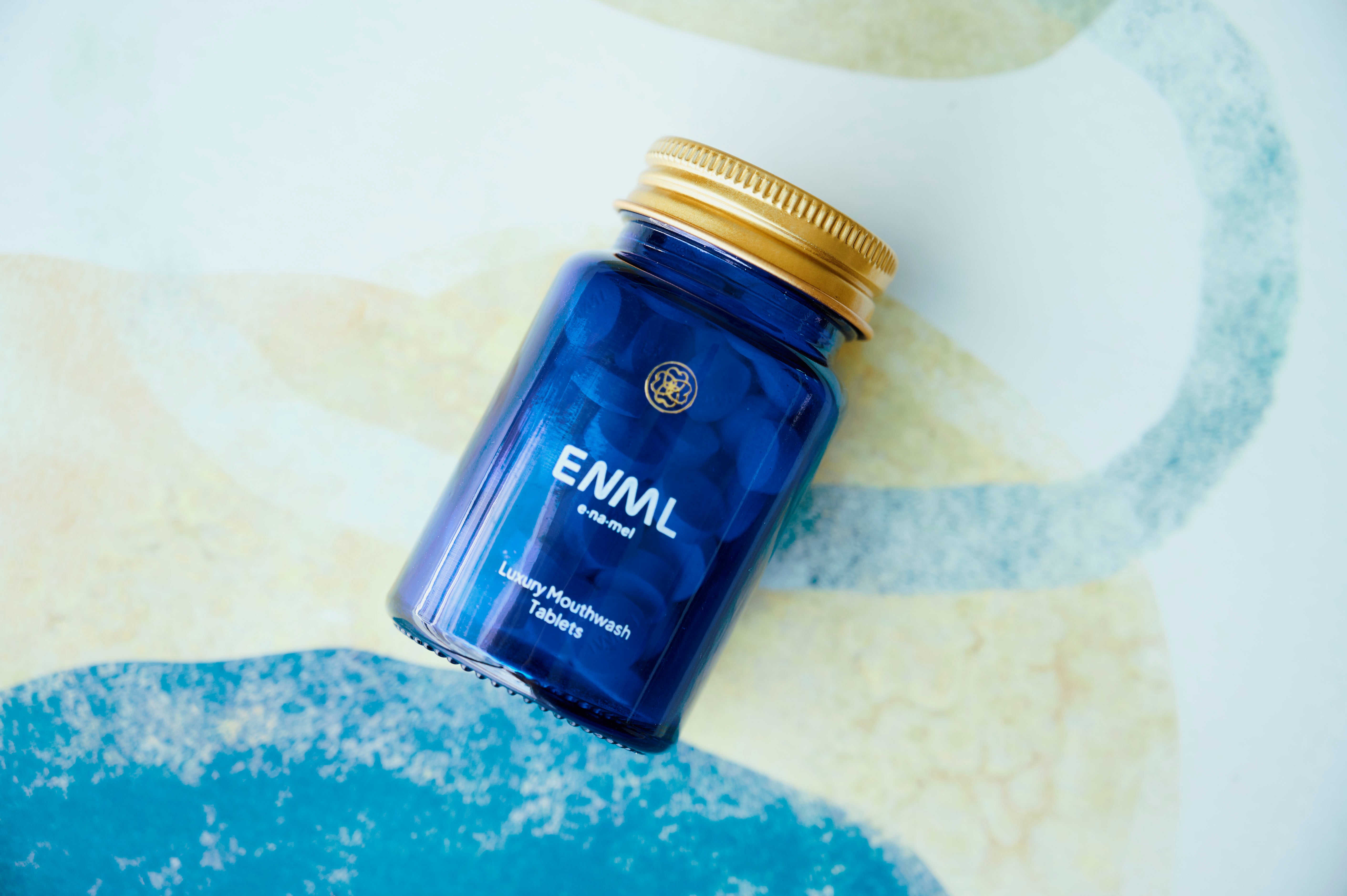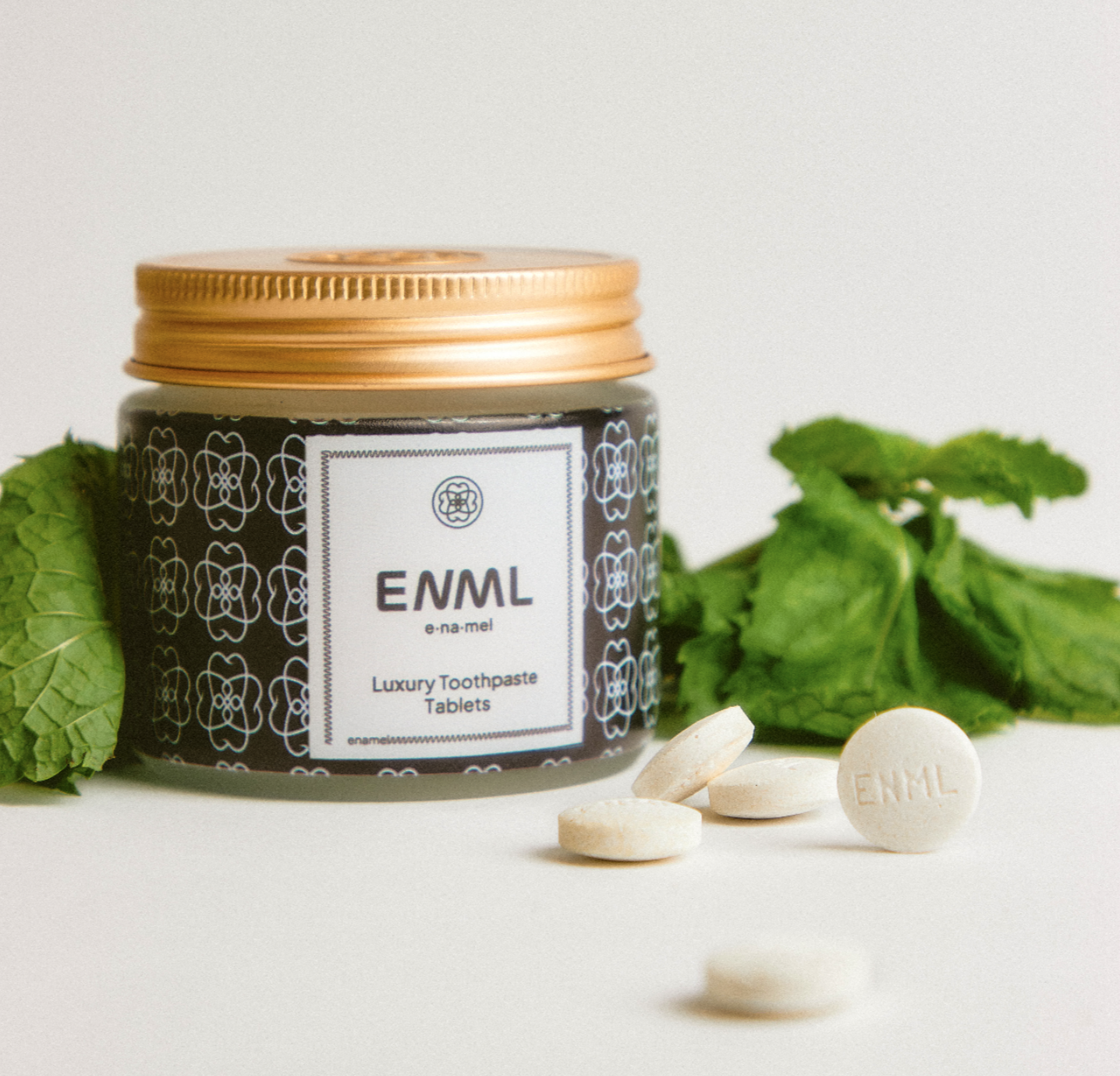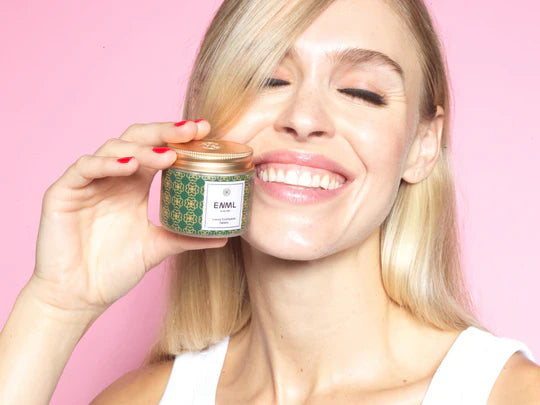Fluoride has long been a staple in oral care, valued for its ability to strengthen enamel and prevent cavities. However, for those seeking fluoride-free options due to health concerns, personal preferences, or a desire for more natural products, non fluoride toothpaste provides an excellent alternative. This innovative oral care solution caters to individuals looking to avoid potential fluoride sensitivity, adopt a holistic approach to health, or explore modern, eco-friendly dental care practices. By replacing fluoride with ingredients like hydroxyapatite, non fluoride toothpaste ensures effective enamel remineralization, helping maintain healthy teeth and gums.
Moreover, it supports a sustainable lifestyle by reducing chemical dependency and encouraging the use of environmentally friendly packaging. Let’s explore the key benefits and features that make non fluoride toothpaste an increasingly popular choice for conscious consumers and families alike.
What makes non fluoride toothpaste a great alternative?
Non fluoride toothpaste is designed for individuals who prefer to avoid fluoride due to personal, health, or environmental reasons. It provides a practical solution for those with fluoride sensitivity, as well as for families with young children who might accidentally ingest toothpaste. Packed with natural ingredients like hydroxyapatite, xylitol, and essential oils, these toothpastes offer effective cavity protection, enamel strengthening, and fresh breath—all without fluoride. Hydroxyapatite works by remineralizing tooth enamel, while xylitol helps reduce harmful bacteria in the mouth, preventing cavities naturally.
Moreover, non fluoride toothpaste appeals to those who prioritize natural and sustainable living by eliminating synthetic additives and embracing eco-friendly packaging such as glass jars or compostable pouches. Additionally, non fluoride toothpaste provides peace of mind for those concerned about the potential risks of fluoride overexposure, making it a suitable option for long-term oral health management and contributing to a holistic wellness lifestyle.
💡Related Post: Why Microhydroxyapatite is Better for Sensitivity: The Truth About Anti-Sensitivity Toothpastes
Key Questions and Answers
-
What is non fluoride toothpaste?
Non fluoride toothpaste is an alternative oral care product that does not contain fluoride. Instead, it relies on natural ingredients to clean teeth, prevent cavities, and promote oral health. These products cater to individuals seeking a gentler and more holistic approach to dental care. -
Who should consider using non fluoride toothpaste?
Non fluoride toothpaste is ideal for individuals with fluoride sensitivity, young children prone to swallowing toothpaste, or those looking to adopt a more natural oral care routine. It’s also beneficial for people who follow a fluoride-free lifestyle due to personal beliefs or health concerns. -
What are the benefits of non fluoride toothpaste?
It offers effective cavity protection using alternative ingredients like hydroxyapatite, which strengthens enamel, and xylitol, which helps reduce harmful bacteria in the mouth. Non fluoride toothpaste is also free from synthetic chemicals, making it a safer choice for those seeking natural products. Additionally, these toothpastes are often enriched with soothing agents like aloe vera to combat gum inflammation and irritation. -
How does hydroxyapatite compare to fluoride in toothpaste?
Hydroxyapatite is a naturally occurring mineral that helps remineralize and strengthen enamel, similar to fluoride. However, it’s a non-toxic alternative, making it an excellent choice for those who wish to avoid fluoride. Studies have shown that hydroxyapatite is equally effective in preventing cavities and reducing tooth sensitivity, providing a viable option for natural oral care. -
Is non fluoride toothpaste safe for children?
Yes, non fluoride toothpaste is safe for children, especially those under six who may accidentally swallow toothpaste. Many brands offer kid-friendly flavors and gentle formulas tailored to young teeth, ensuring a pleasant brushing experience without the risk of overexposure to fluoride. -
Are there eco-friendly options for non fluoride toothpaste?
Absolutely! Many non fluoride toothpastes come in sustainable packaging, such as recyclable tubes or glass jars. These options align with eco-conscious values while promoting oral health. Some brands even offer refill options to further minimize waste and support a zero-waste lifestyle. -
Does non fluoride toothpaste help with bad breath?
Yes, non fluoride toothpaste often contains essential oils like peppermint or tea tree, which combat bacteria and freshen breath naturally. This makes it a great choice for maintaining a clean and refreshed mouth, even for individuals prone to dry mouth or halitosis. -
Can non fluoride toothpaste prevent cavities effectively?
While fluoride is well-known for cavity prevention, non fluoride toothpaste with ingredients like xylitol and hydroxyapatite can also provide effective cavity protection by reducing bacterial growth and strengthening enamel. Consistent use, combined with regular flossing and dental checkups, ensures optimal oral health. -
What additional ingredients are commonly found in non fluoride toothpaste?
Non fluoride toothpaste often features natural ingredients like charcoal for gentle whitening, green tea extract for antioxidant benefits, and baking soda for a mild abrasive effect. These ingredients work together to provide a comprehensive and natural oral care solution. -
How can I transition to non fluoride toothpaste?
Transitioning to non fluoride toothpaste is simple. Start by incorporating it into your routine gradually, using it in place of your regular toothpaste. Pay attention to how your teeth and gums feel and consult your dentist if you have specific oral health concerns. Most users find the transition seamless and appreciate the natural feel and taste of these products. -
Does non fluoride toothpaste address tooth sensitivity?
Yes, many non fluoride toothpastes are formulated to help alleviate tooth sensitivity. Ingredients like hydroxyapatite and potassium nitrate work together to protect sensitive areas and provide relief from discomfort caused by hot or cold foods and drinks. -
How often should non fluoride toothpaste be used?
Non fluoride toothpaste can be used as often as regular toothpaste—ideally twice a day. For best results, pair it with proper brushing techniques, flossing, and regular dental visits to maintain optimal oral health.
Conclusion
Non fluoride toothpaste offers a safe, natural, and effective alternative for oral care. Whether you’re looking to reduce your exposure to synthetic ingredients or seeking a kid-friendly toothpaste, there’s a non fluoride option for everyone. These toothpastes not only provide excellent oral health benefits but also align with eco-conscious and holistic lifestyles. As the demand for natural and sustainable products grows, non fluoride toothpaste continues to stand out as a reliable and innovative choice for modern oral care. Ready to make the switch? Explore ENML's Toothpaste Tablets for our range of non fluoride toothpastes and experience the benefits of natural oral care.


